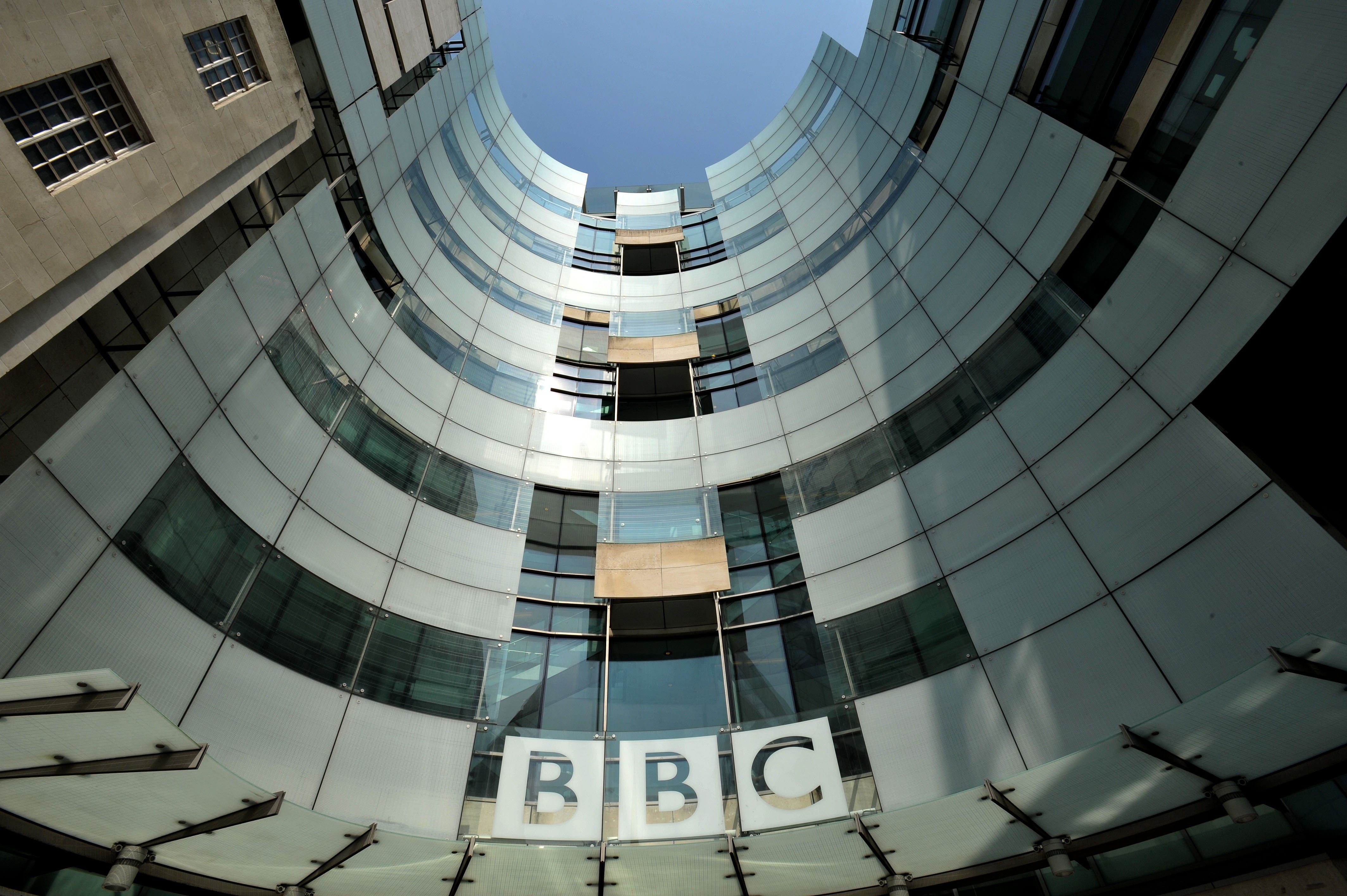BBC mid-term review to focus on boosting working-class representation
It includes a target for 25% of staff to be from low socio-economic backgrounds.

The BBC has been ordered to “promote equality of opportunity” for people from working-class backgrounds, it has been announced.
It has been issued with a legal direction which includes a target for 25% of staff to be from low socio-economic backgrounds and ensuring 50% of radio and 60% of TV programme production spend is outside London by the end of 2027.
The BBC must also deliver 1,000 apprenticeships per year by 2025 and ensure that 30% of those are from low socio-economic groups.
The BBC is a world-class broadcaster but one which has to adapt to a rapidly changing landscape just like all broadcasters are
The new stipulations have been announced by the Culture Secretary as part of the mid-term review into the BBC’s royal charter with a focus on representation of people from working-class backgrounds.
Nadine Dorries said the consultation would “build on our recent progress to make the BBC more accountable to those who fund it, level up people’s access to the job opportunities it offers and ensure it continues to work in the best interest of the public”.
The terms of reference show it will focus on the BBC’s compliance with editorial standards and evaluate how it is representing audiences from working-class backgrounds.
It will also assess “whether current regulations and governance could be improved to ensure it is delivering for licence fee payers”.
It marks the first time in 12 years that the BBC’s Framework Agreement has been updated during a charter period and the first update since the current 10-year charter began in 2017.
The review will also look at the effectiveness of the BBC’s editorial complaints process and media watchdog Ofcom’s role in holding it to account.
The corporation’s commercial subsidiaries, which include BBC Studios, will also face scrutiny.
The review will look at ensuring they do not create an unfair competitive advantage over others in the media landscape.
Ms Dorries said: “The BBC is a world-class broadcaster but one which has to adapt to a rapidly changing landscape just like all broadcasters are. The Government is committed to ensuring the BBC is more impartial, more accessible and more reflective of our country’s variety of viewpoints.
“This review will build on our recent progress to make the BBC more accountable to those who fund it, level up people’s access to the job opportunities it offers and ensure it continues to work in the best interest of the public.”
Boris Johnson’s official spokesman added: “The Prime Minister is firmly of the view that the BBC is a world-class broadcaster, but, like other broadcasters, one that needs to adapt to a rapidly changing landscape.”
BBC chairman Richard Sharp said: “The mid-term review is built into our charter. We welcome it and we will engage fully and constructively. We look forward to working with Government and Ofcom.”
A BBC spokesperson said: “For clarity, proposed changes to the Framework Agreement will reflect commitments we have already made.
“We are raising out-of-London production as part of our Across the UK plan; we’ve set targets for our staff to be 50% women, 20% black and minority ethnic, 12% disabled, and 25% from low socio-economic groups; and we have a 10-point impartiality plan to raise editorial standards across the organisation.”
The Government is expected to shortly launch a separate review on the future funding of the BBC and the licence fee.
Alternative funding models include a hybrid system in which core public service elements such as news are provided free, while high-end TV would sit behind a paywall.
Ms Dorries has said she wants to find a new funding model before the current deal expires in 2027 as it is “completely outdated”.
The Department for Digital, Culture, Media and Sport aims to complete the review within 12 months.
Bookmark popover
Removed from bookmarks